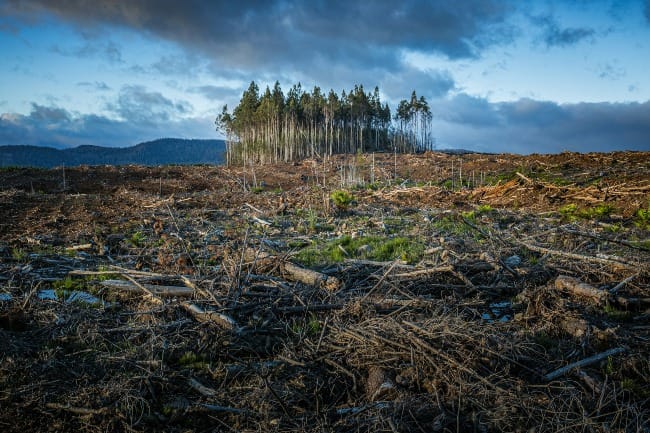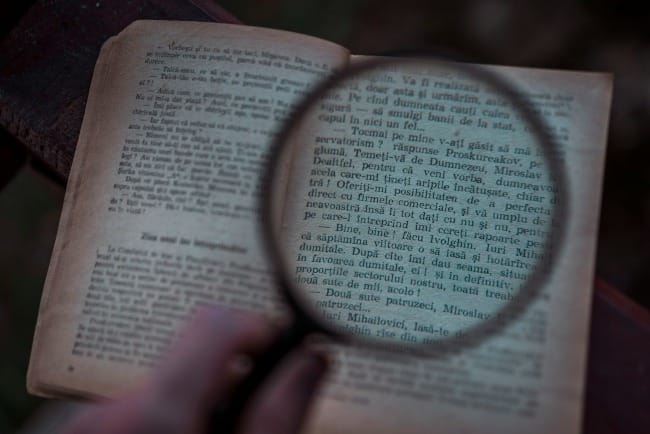The story captured in the book of Exodus has captivated me since I first read a cartoon version as a child. I was drawn in by babies in baskets, burning bushes, plagues, and pillars of fire - so much drama and action! This fascination and appreciation has only grown with repeated readings and deeper study. Much of this has to do with seeing the ways the story opens up multiple windows for readers.
On a primary level, Exodus is the exciting story of how the creator of the world entered into a fragile relationship with Moses to free the Hebrew people from the iron fist of Pharaoh so that God's purposes for creation could move forward. It is a pivotal story for the biblical narrative, referenced again and again in both testaments. But the central theme of liberation, coupled with the messy mixture of human and divine initiative, has made Exodus a paradigmatic story that has spoken in fresh ways to situations of oppression throughout history. We see this, for example, in the frequent use of Exodus language in the writing and speaking of Dr. Martin Luther King Jr. As a leader of the American Civil Rights movement, King frequently cast himself as a modern-day Moses fighting against the forces of Pharaoh, which took the form of white supremacy and Jim Crow laws.
I believe the story of Exodus has the power to speak to us in yet another fresh way as we face the increasingly harsh realities of a planet that is in bondage to Pharaonic forces.

Reading Exodus in The Anthropocene
The pharaoh of Exodus bent Egypt to his will, exercising power over land and people. Today, the extent of our power over land and people makes Pharaoh’s accomplishments seem small. The influence of humanity on the earth is so pervasive that many scientists believe we have entered a new geological epoch, the Anthropocene.
As I write this, smoke and ash from wildfires in eastern Washington have turned the sky around my home a haunting shade of orange. It has been a summer of fire, heat, and drought, which has awoken many to the sobering fact that climate change is real, and that we are already in the mitigation stage. Drawing on Exodus, we might say that we are facing plagues that dwarf those of ancient Egypt.
As the negative effects of the Anthropocene continue to build, the cries of the poor and oppressed (see Exod. 2:23-25), along with of the deep groans of the non-human creation (Rom 8:22), rise from the earth with increasing volume and pitch. In Exodus, God hears the cries of those who suffer and "comes down" to intervene and set things right. God does this by working with and through human beings, calling Moses to confront Pharaoh, lead the people out of Egypt, and begin the hard work of forming a new people called to live in a new way. If we read this story with an eye toward what is needed now, we might find the same pattern emerging in our own lives and communities.

What We Will Be Looking For
I will let you know in advance what passage is coming up, and always include a link to it so that you have a chance to read it for yourself. As we read together, here are some of the key themes we will be paying attention to:
- The place and role of creation in the story. This is overlooked in most readings of the text and is a key to understanding the larger framework of what is happening.
- The leadership of Moses. The personal transformation he goes through as he guides the people can inform our own journeys and callings.
- The tragedy of Pharaoh. We will look at the combination of fear and greed that prevents Egypt's leader from imagining a different way forward.
- The comprehensive way of life God envisions for Israel. We will see that God frees the people FROM slavery and FOR shalom.
I hope you will find this exploration of Exodus enlightening and helpful in your journey of ecological discipleship. We will start next week with chapter one.
With you on the Way,
James
Like what you are reading? Consider joining our supporter community, The Circlewood Stand.